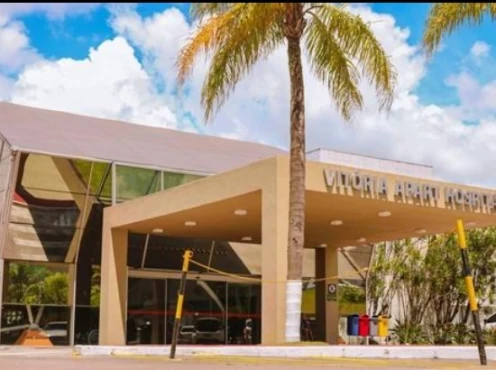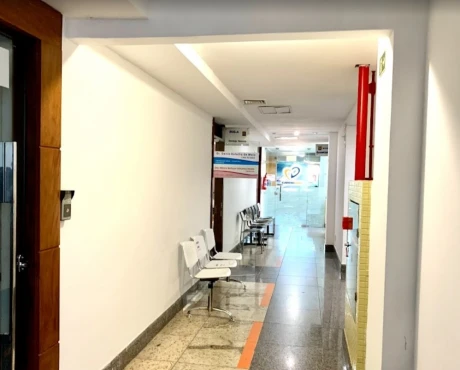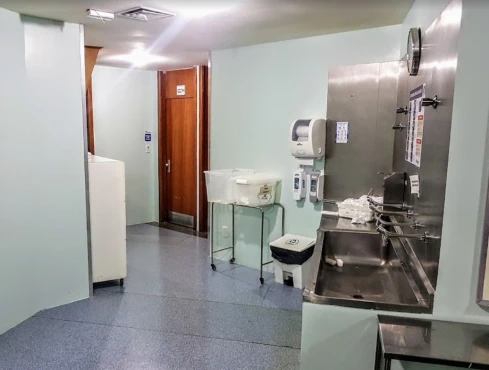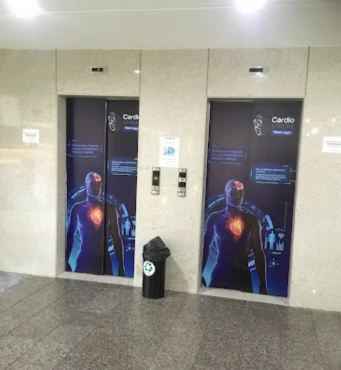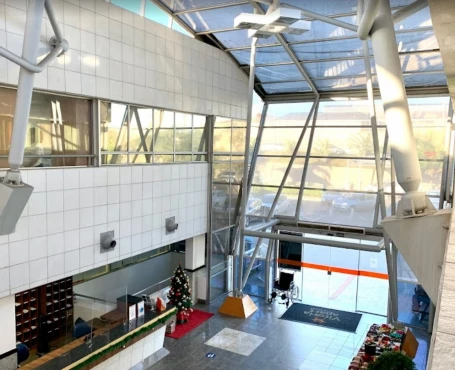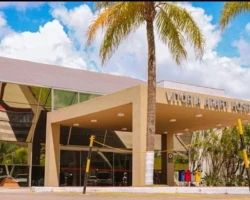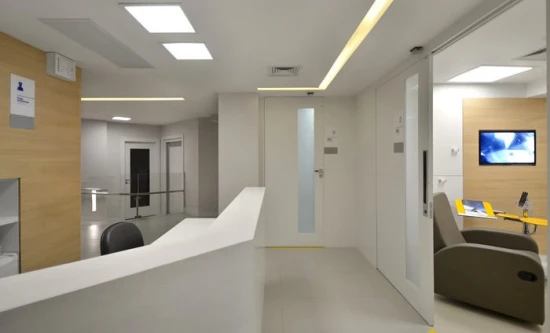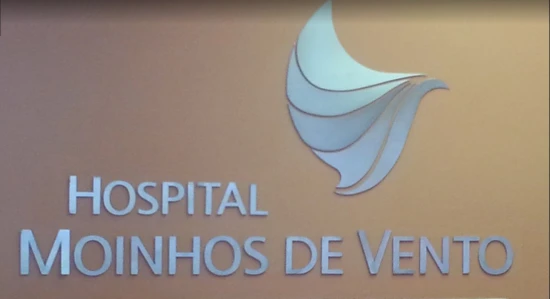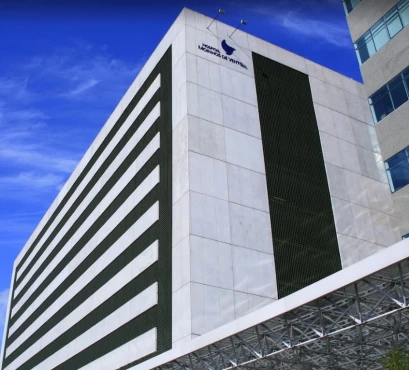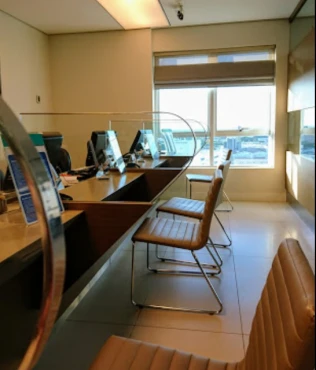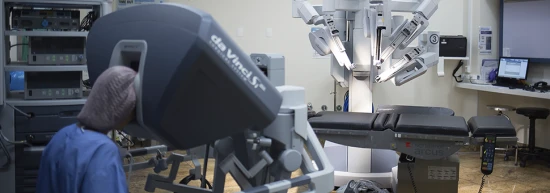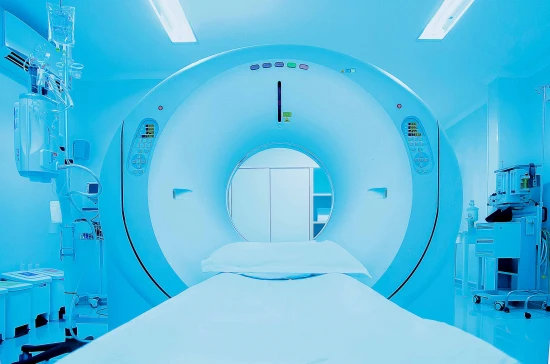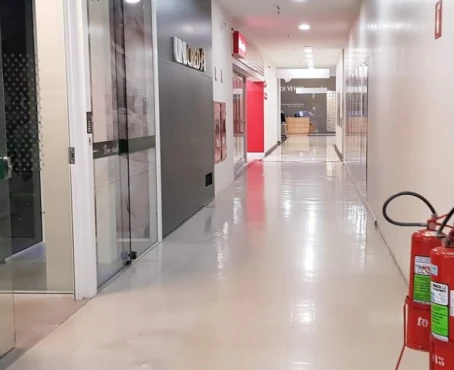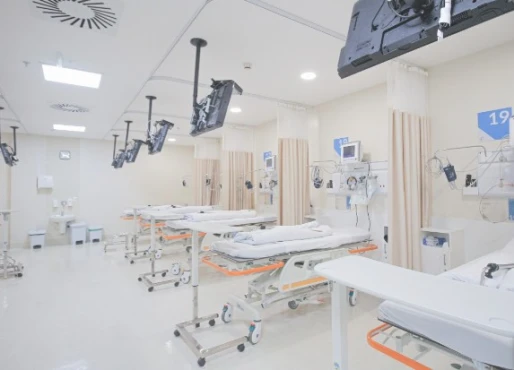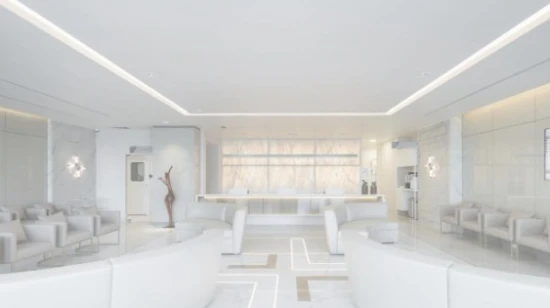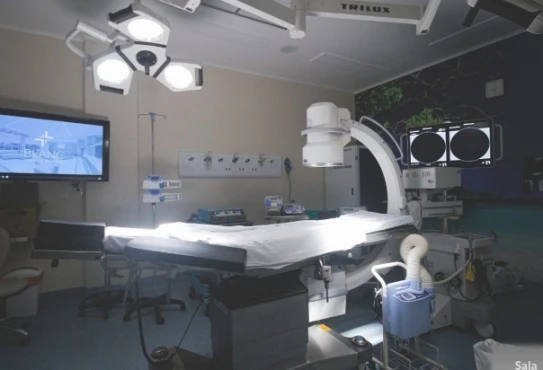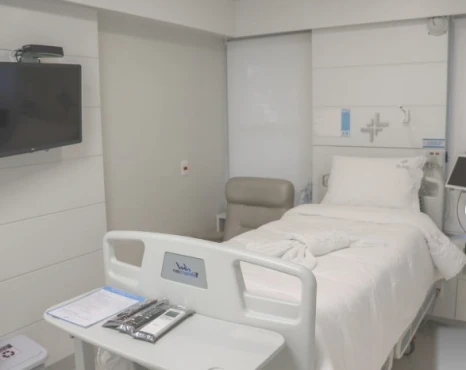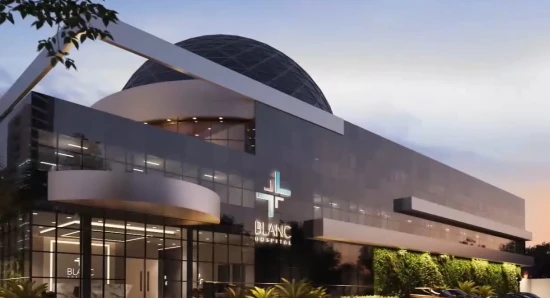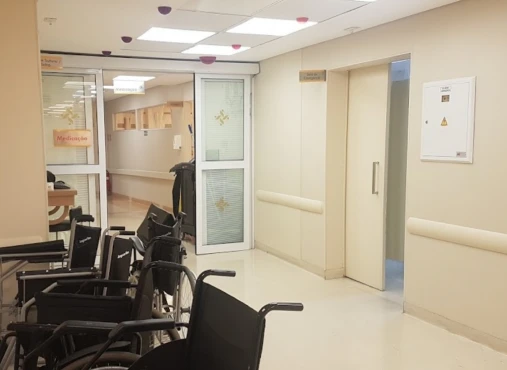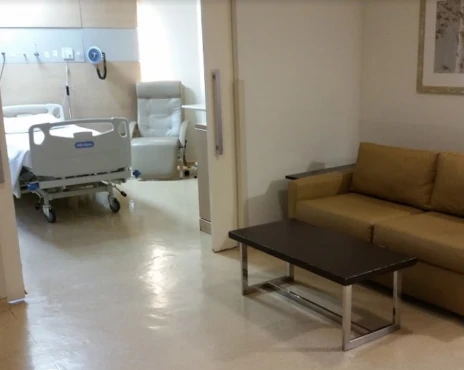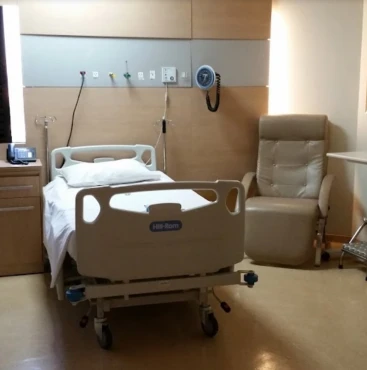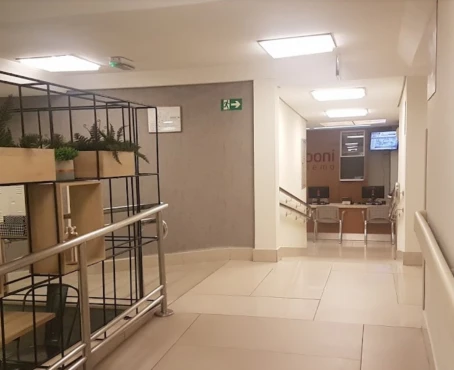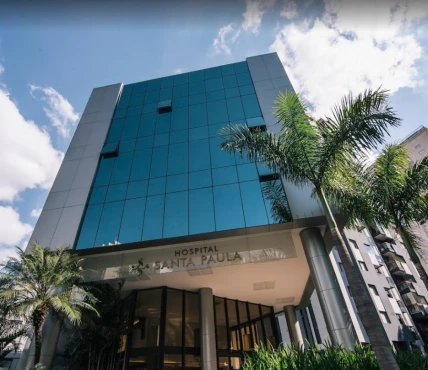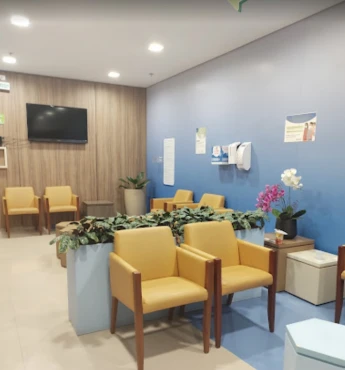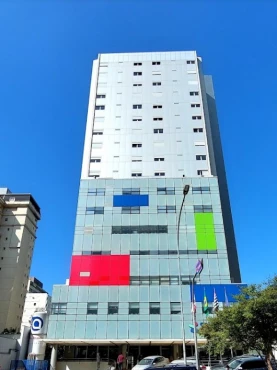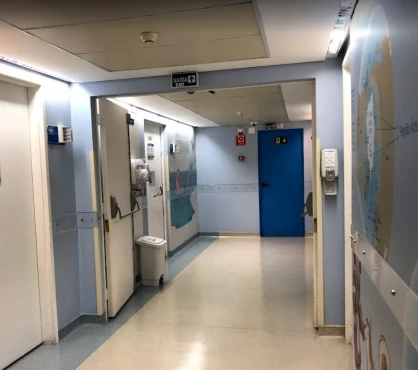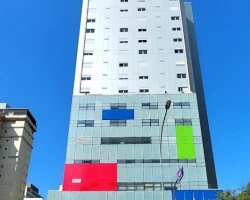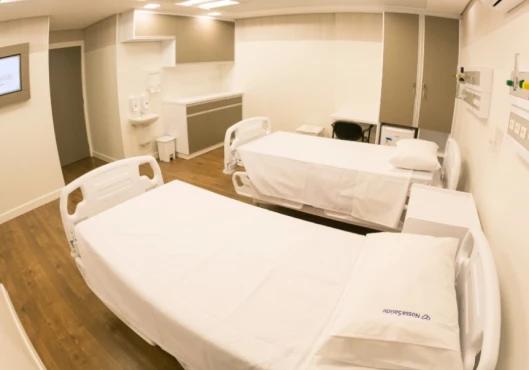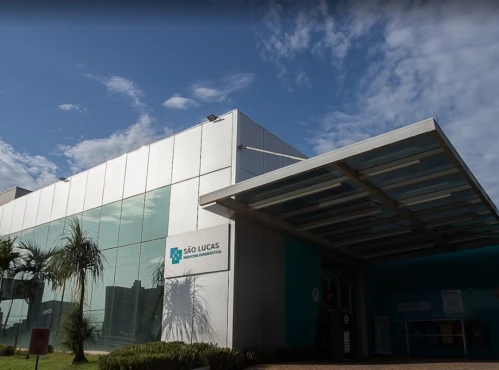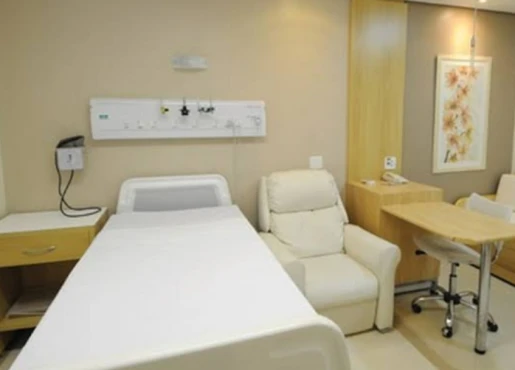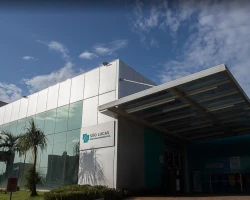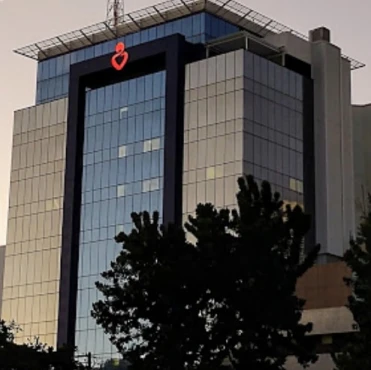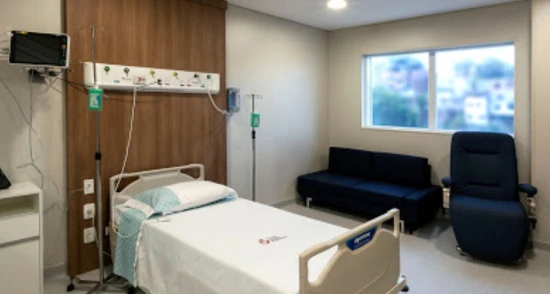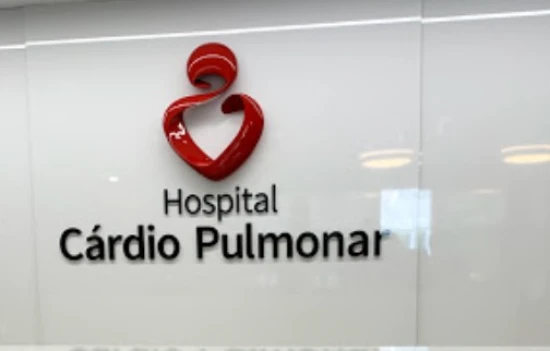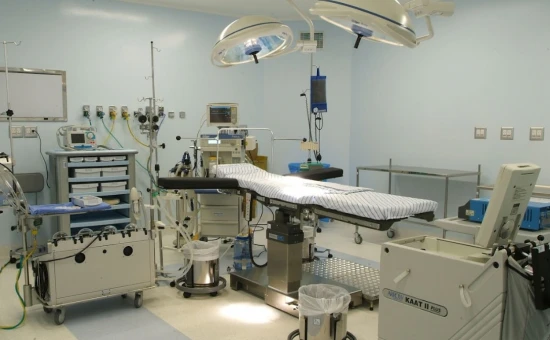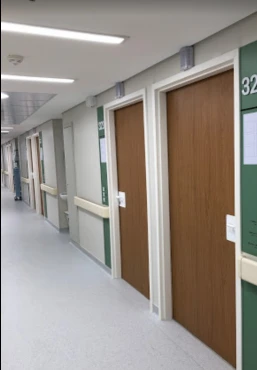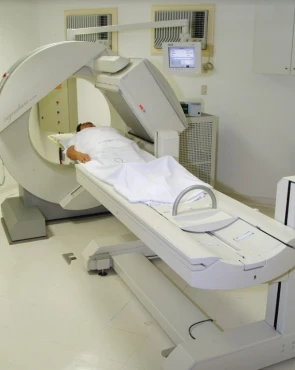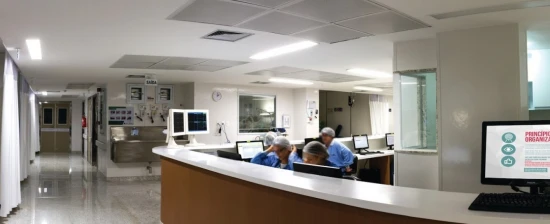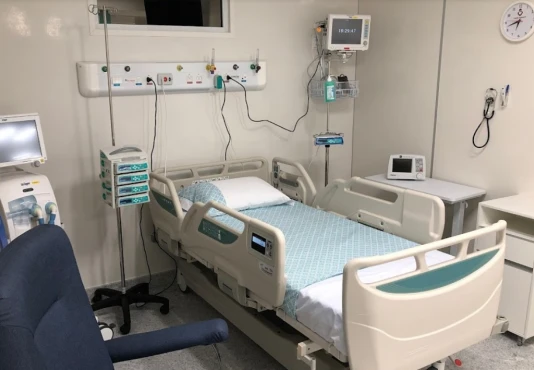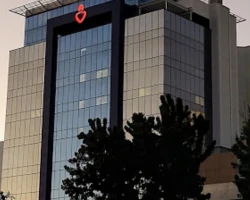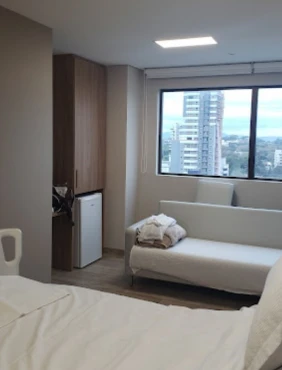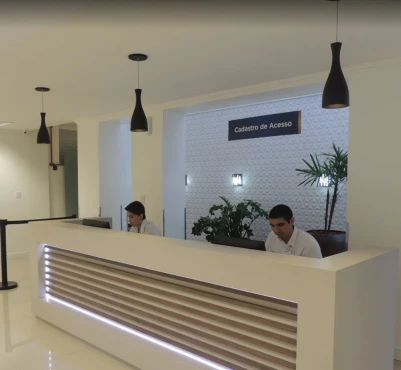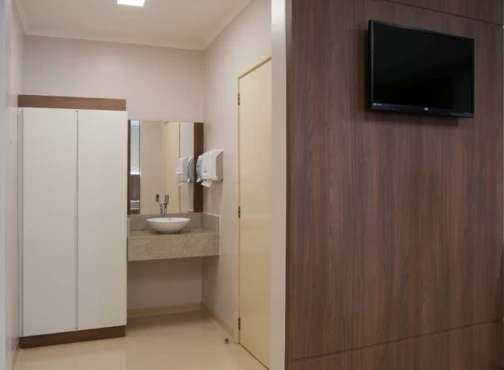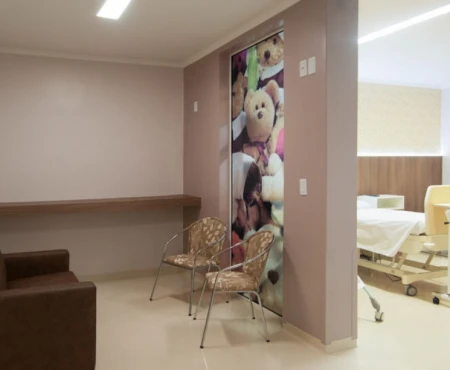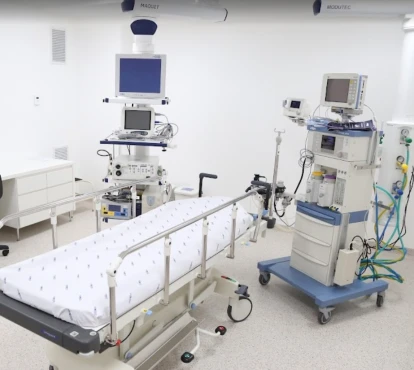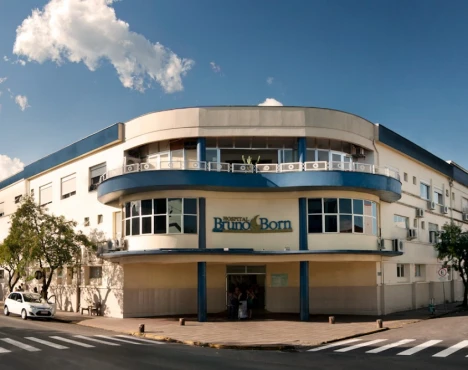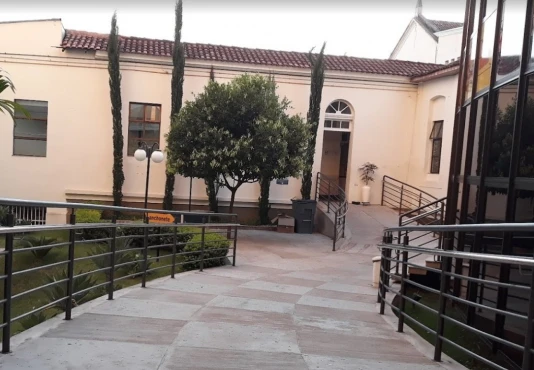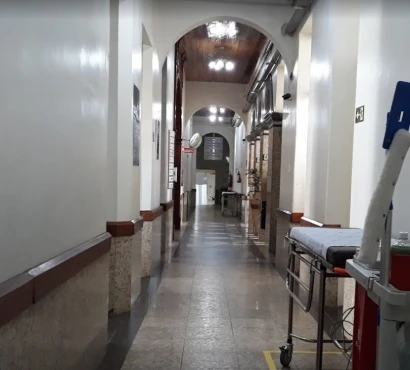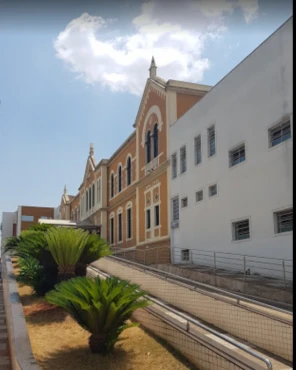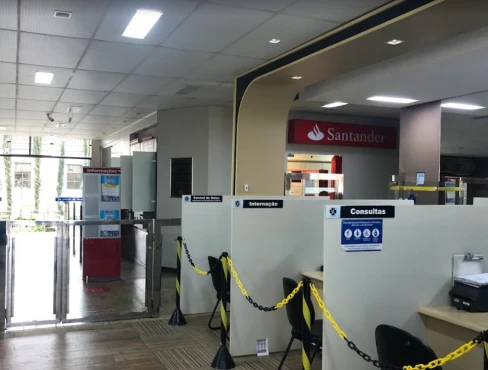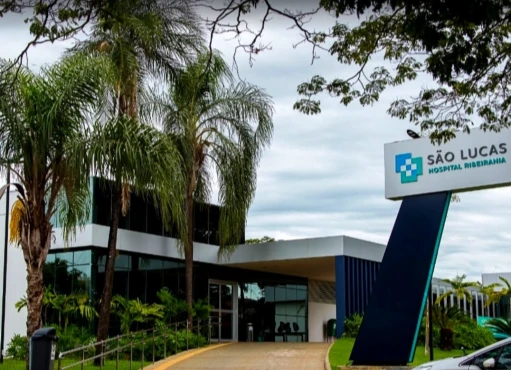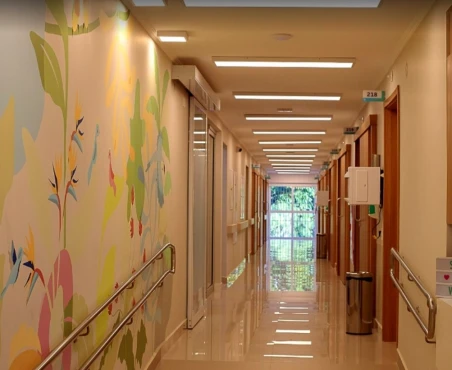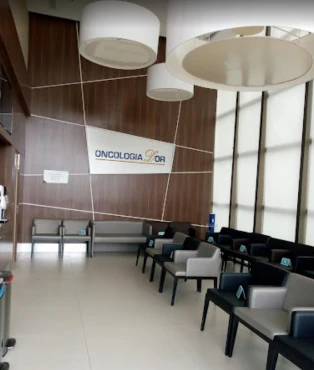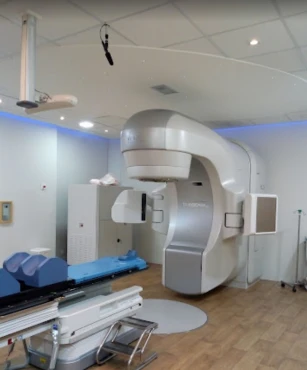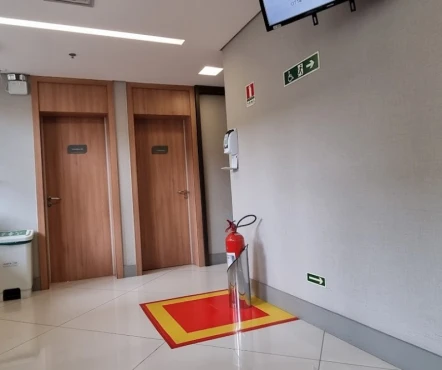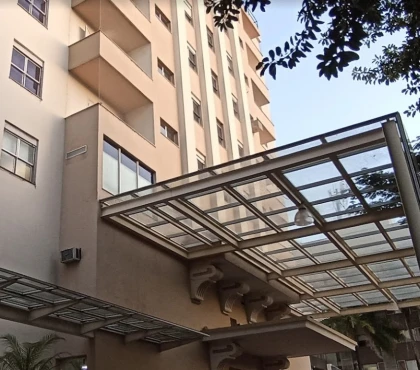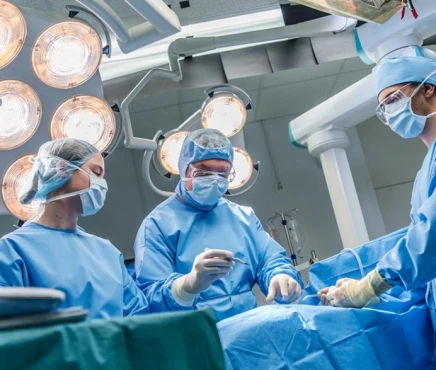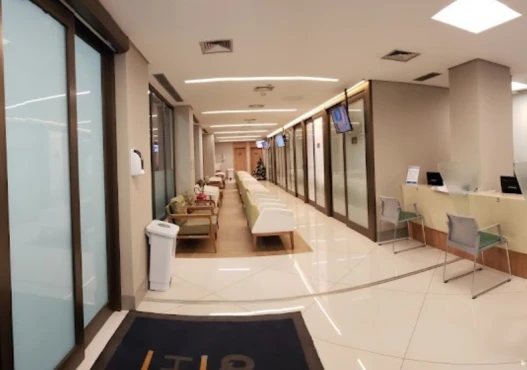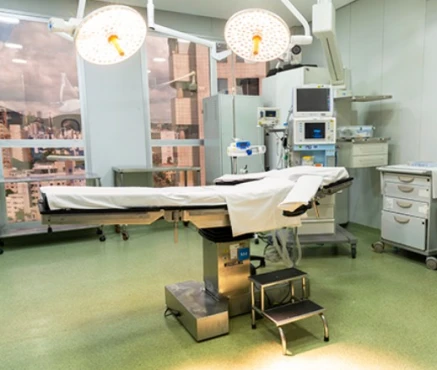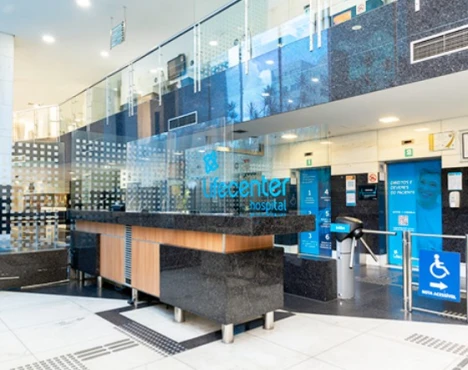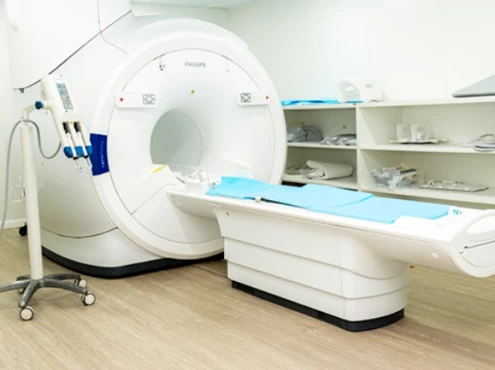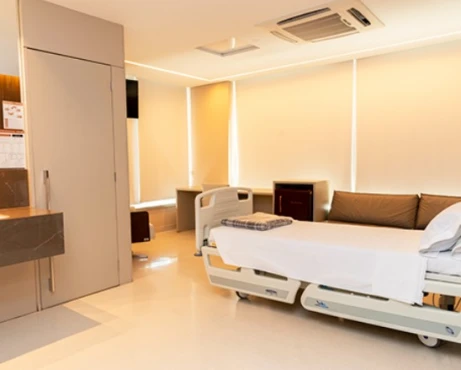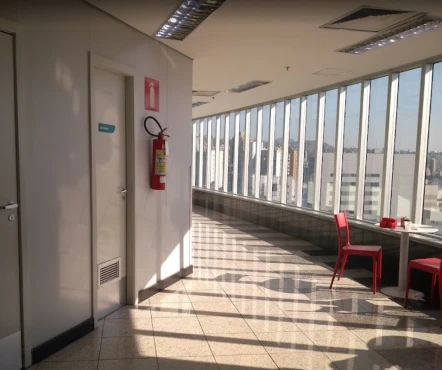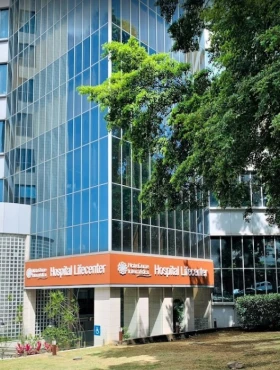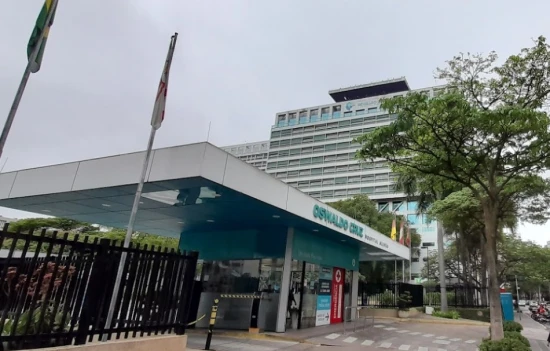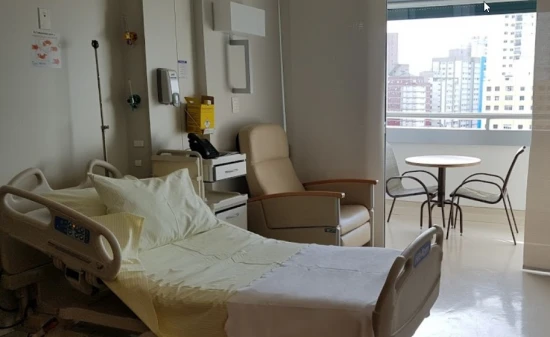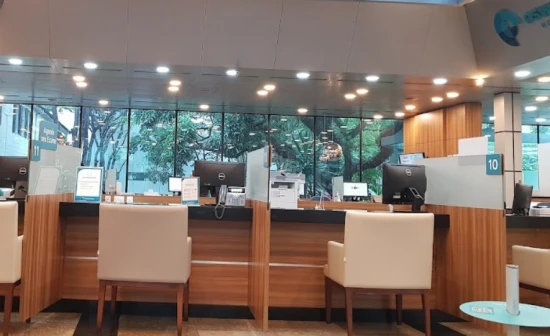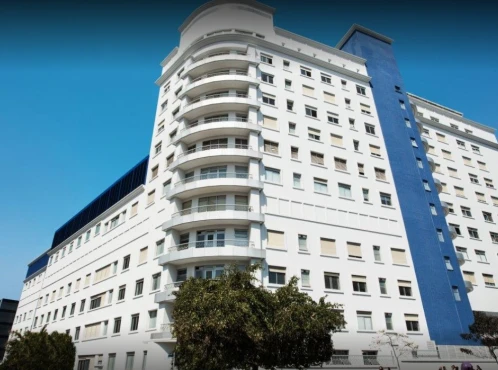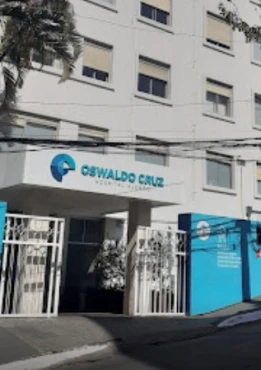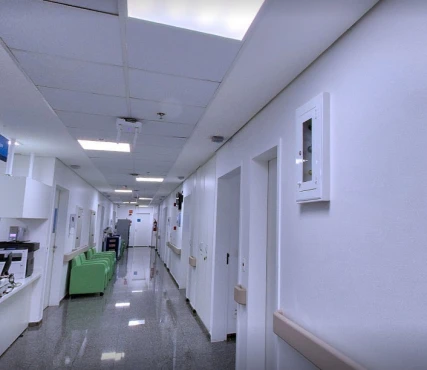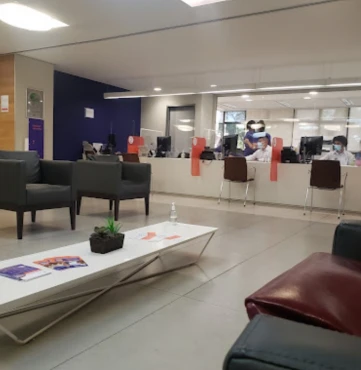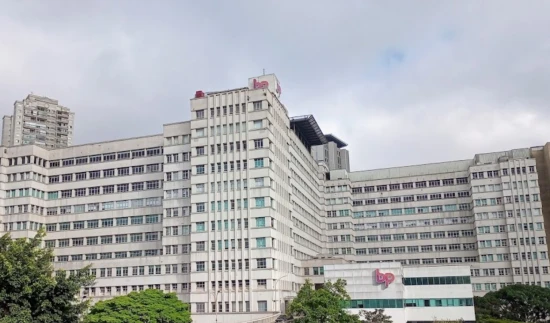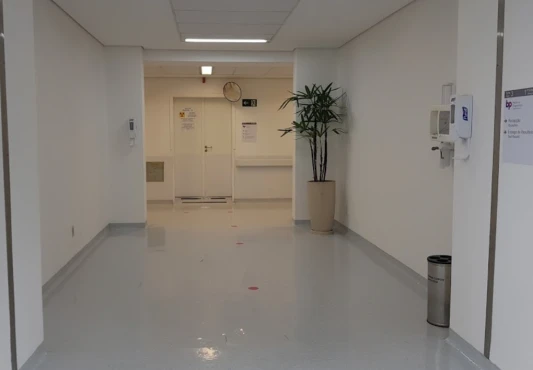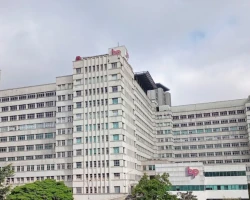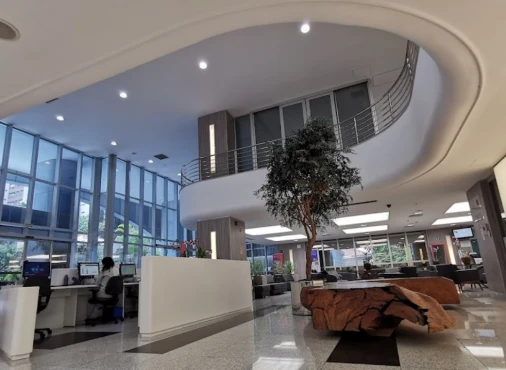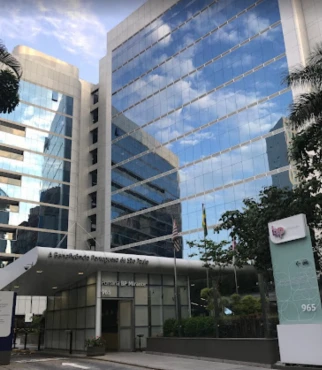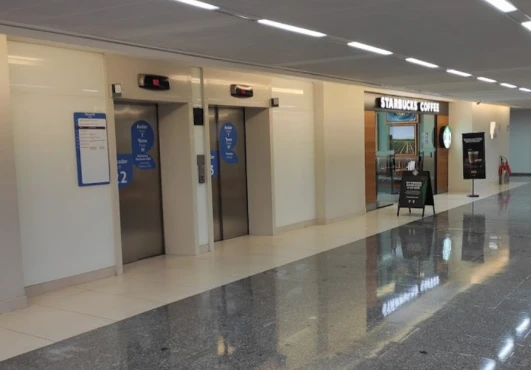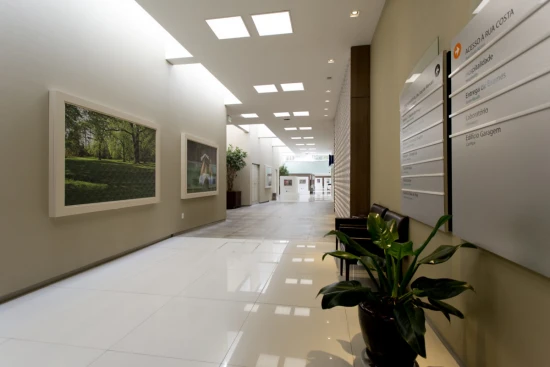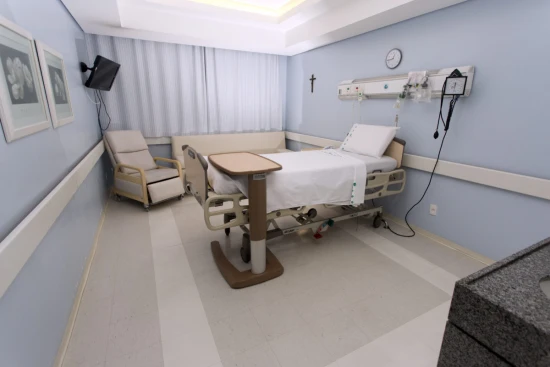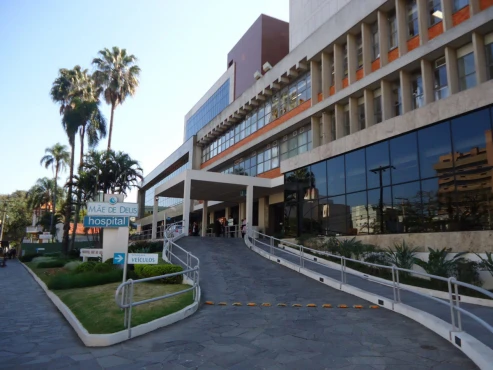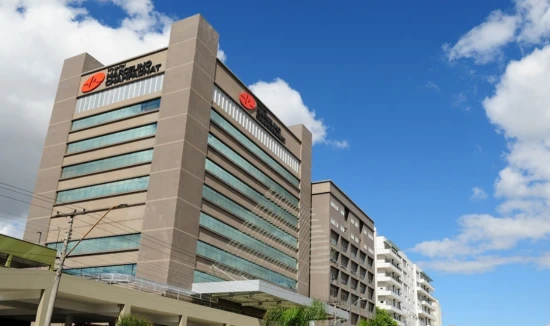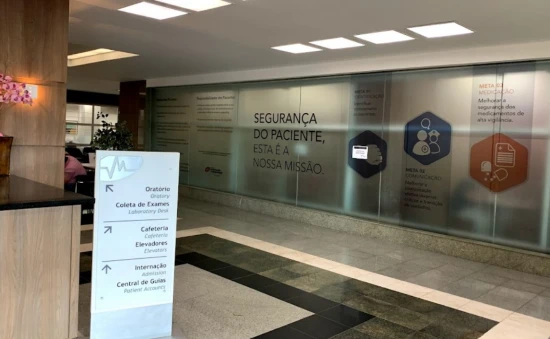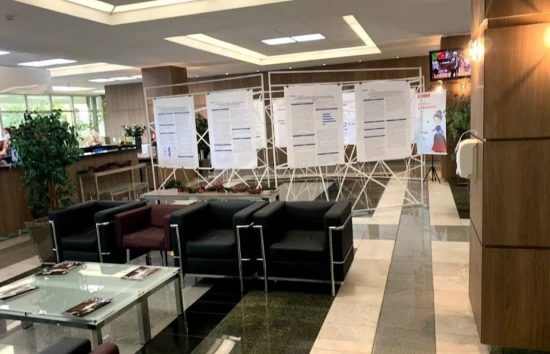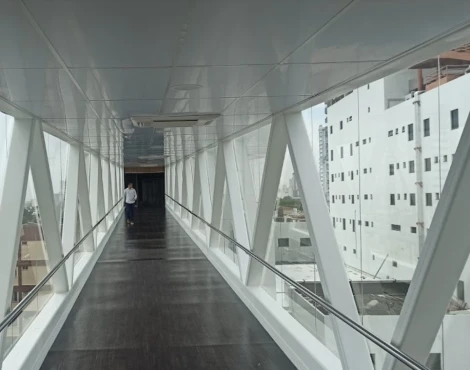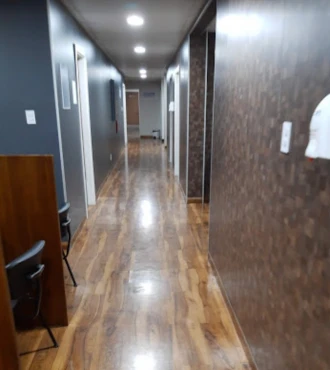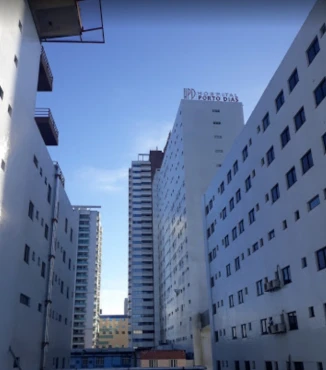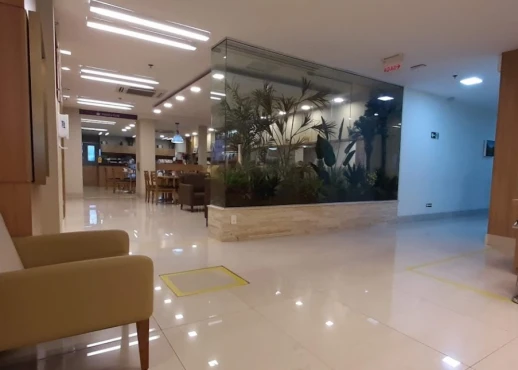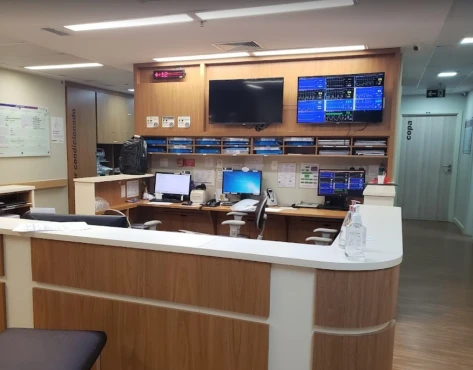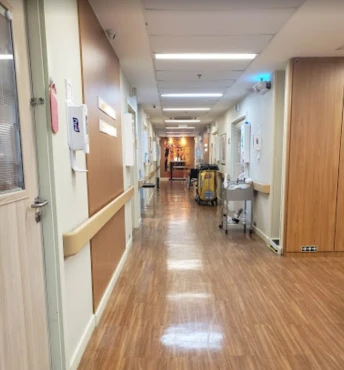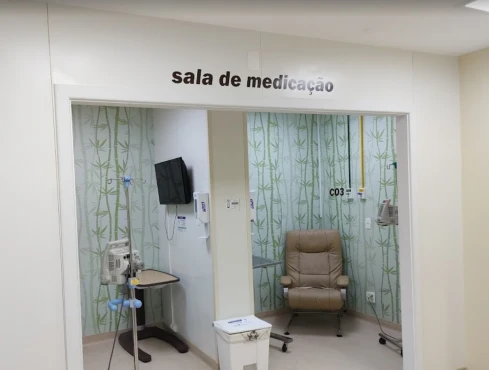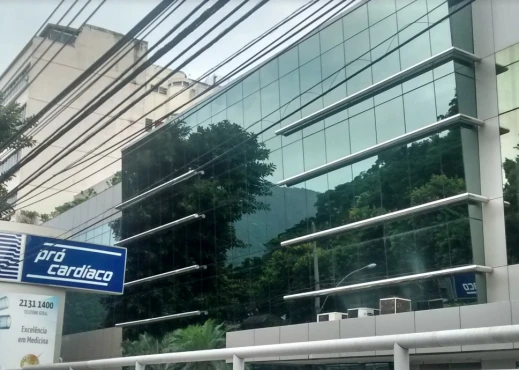Mitral valve stenosis treatment in 32 Cardiac surgery clinics in Brazil
32 clinics specializing in Cardiac surgery providing treatment of
Mitral valve stenosis
Mitral valve stenosis is a heart condition where the mitral valve becomes narrowed, impeding blood flow from the left atrium to the left ventricle. This can lead to symptoms such as shortness of breath, fatigue, and chest pain.
Read more...
disease in Brazil.
Belo Horizonte · 1
Belém · 1
Brasília · 1
Curitiba · 1
Estrela · 1
Lajeado · 1
Nova Lima · 1
Passos · 1
Porto Alegre · 5
Ribeirão Preto · 2
Rio de Janeiro · 4
Salvador · 1
Serra · 1
São Paulo · 11
You can select a specific city
Belo Horizonte · 1
Belém · 1
Brasília · 1
Curitiba · 1
Estrela · 1
Lajeado · 1
Nova Lima · 1
Passos · 1
Porto Alegre · 5
Ribeirão Preto · 2
Rio de Janeiro · 4
Salvador · 1
Serra · 1
São Paulo · 11
Sorted by:
Relevance
Rating
Relevance
Prices for popular procedures:
Prices for popular procedures:
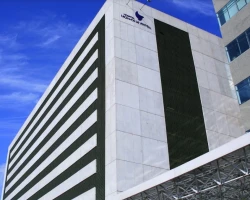
Porto Alegre, Brazil
Specializations: Cardiac surgery, Vascular surgery, Thoracic surgery, Neurosurgery, Spine surgery, Orthopedic surgery, Oncology
Patient-centered care and value based on clinical outcomes are some of the premises that guide the work of Hospital Moinhos de Vento, since its inauguration
read more
Prices for popular procedures:

São Paulo, Brazil
Specializations: Cardiac surgery, Vascular surgery, Neurosurgery, Spine surgery, Orthopedic surgery, Oncology
Languages: English, Portuguese
Safe environment, with high technology combined with efficiency and sustainability. At Blanc, it is possible to carry out procedures, hospitalize and provide a solution complete
read more
Prices for popular procedures:
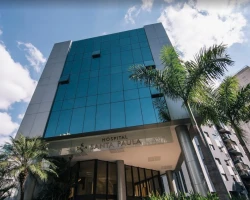
São Paulo, Brazil
Specializations: Cardiac surgery, Vascular surgery, Thoracic surgery, Neurosurgery, Spine surgery, Orthopedic surgery, Oncology
The Santa Paula Hospital was founded in 1958 as the Santa Paula Emergency Room, serving mainly Inamps patients until 1987. Today it has a physical
read more
Prices for popular procedures:
Prices for popular procedures:
Prices for popular procedures:
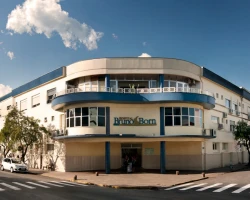
Lajeado, Brazil
Specializations: Cardiac surgery, Vascular surgery, Thoracic surgery, Neurosurgery, Orthopedic surgery, Oncology
Bruno Born Hospital is a philanthropic institution, with more than 80 years. It is registered with the National, State and Municipal Councils of Social Assistance
read more
Prices for popular procedures:
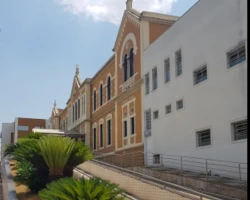
Passos, Brazil
Specializations: Cardiac surgery, Vascular surgery, Thoracic surgery, Neurosurgery, Orthopedic surgery, Oncology
Santa Casa de Misericórdia de Passos is a regional philanthropic hospital that serves the entire population of southwestern Minas Gerais.Due to its highly specialized clinical
read more
Prices for popular procedures:
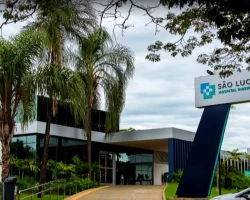
Ribeirão Preto, Brazil
Specializations: Cardiac surgery, Vascular surgery, Thoracic surgery, Spine surgery, Orthopedic surgery, Oncology
ospital Ribeirania started its activities in March 1978, thanks to the commitment and dedication of three friends: Dr. Miguel Mauad Neto (cardiologist), Dr. Mariano Figueiredo
read more
Prices for popular procedures:
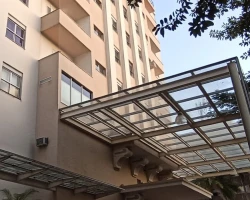
Rio de Janeiro, Brazil
Specializations: Cardiac surgery, Vascular surgery, Thoracic surgery, Neurosurgery, Spine surgery, Orthopedic surgery, Oncology
The Quinta D'Or Hospital opened in September 2001 and is located opposite Quinta da Boa Vista, in Rio de Janeiro. It emerged from the renovation
read more
Prices for popular procedures:
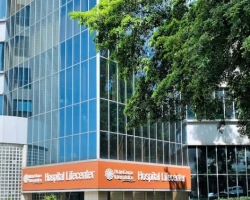
Belo Horizonte, Brazil
Specializations: Cardiac surgery, Vascular surgery, Thoracic surgery, Neurosurgery, Spine surgery, Orthopedic surgery, Oncology
The Lifecenter Hospital stands out among the most sophisticated and renowned health institutions in Minas Gerais. Its activities cover urgent and emergency medical care, surgeries,
read more
Prices for popular procedures:
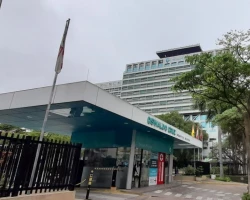
São Paulo, Brazil
Specializations: Cardiac surgery, Vascular surgery, Thoracic surgery, Neurosurgery, Spine surgery, Orthopedic surgery, Oncology
Languages: English
With over a century of existence, the Oswaldo Cruz German Hospital was founded in 1897 and holds a position as one of the most recognized
read more
Prices for popular procedures:
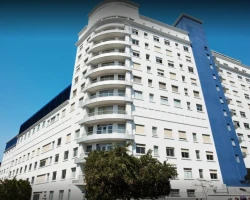
São Paulo, Brazil
Specializations: Cardiac surgery, Vascular surgery, Thoracic surgery, Neurosurgery, Spine surgery, Orthopedic surgery, Oncology
With integrated care from the moment of admission to the surgical procedures, in more than 20 specialties, Hospital Vergueiro offers quality treatments, with resolute
read more
Prices for popular procedures:
Prices for popular procedures:
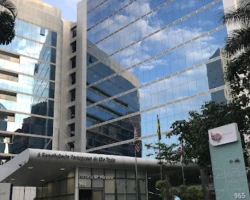
São Paulo, Brazil
Specializations: Cardiac surgery, Thoracic surgery, Neurosurgery, Spine surgery, Orthopedic surgery, Oncology
The BP Mirante offers its customers the latest advances in medical care, in a facility that values discretion and individualized hospitality. Our staff is composed
read more
Prices for popular procedures:
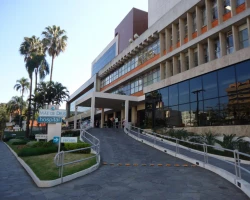
Porto Alegre, Brazil
Specializations: Cardiac surgery, Vascular surgery, Thoracic surgery, Neurosurgery, Spine surgery, Orthopedic surgery, Oncology
Hospital Mãe de Deus has been operating since 1979, offering complete solutions in health, diagnosis and treatment, with a focus on humanized, safe and centralized
read more
Prices for popular procedures:
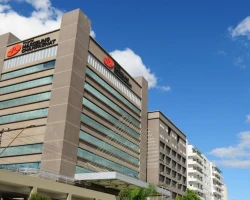
Curitiba, Brazil
Specializations: Cardiac surgery, Vascular surgery, Thoracic surgery, Neurosurgery, Spine surgery, Orthopedic surgery, Oncology
Hospital Marcelino Champagnat was born with the commitment to provide complete care to its patients, with high quality and safety medical principles. For this reason,
read more
Prices for popular procedures:
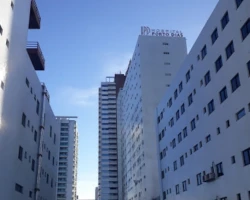
Belém, Brazil
Specializations: Cardiac surgery, Vascular surgery, Thoracic surgery, Neurosurgery, Spine surgery, Orthopedic surgery, Oncology
Opened in 1995, Hospital Porto Dias is a reference in highly complex treatments. As a high standard general hospital, it encompasses modern infrastructure, state-of-the-art equipment
read more
Prices for popular procedures:
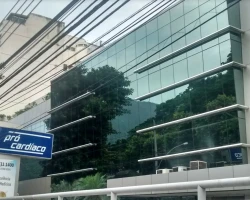
Rio de Janeiro, Brazil
Specializations: Cardiac surgery, Vascular surgery, Thoracic surgery, Neurosurgery, Spine surgery, Orthopedic surgery, Oncology
Founded in 1959, Hospital Pró-Cardíaco became a national reference brand in high-complexity medicine, a pioneer in artificial heart transplantation. In addition to excellence in cardiology
read more
Clinics grouping by rating
Clinic with the highest rating of 4.5 — Hospital de Clínicas de Porto Alegre in Porto Alegre, Brazil, clinic with the most reviews number of 1895 — Santa Catarina Hospital Paulista in São Paulo, Brazil.
With rating 4.0 and over — 11 clinics .
Countries with the highest number of clinics treating the diseases:
Mitral valve stenosis:
worldwide
580 clinics
India
39 clinics
Brazil
32 clinics
Germany
29 clinics
Turkey
29 clinics
Colombia
26 clinics
Related procedures:
Procedures are likely to be used for Mitral valve stenosis treatment:
Balloon valvuloplasty,
Bio-prosthetic valve replacement,
Double valve replacement,
Mechanical valve replacement,
and
Mitral valve replacement (MVR)
.
